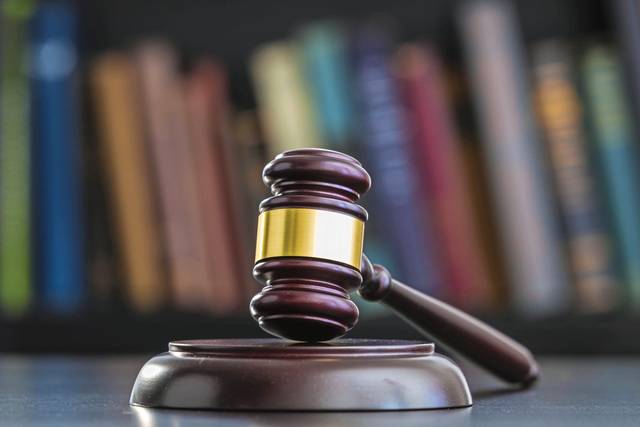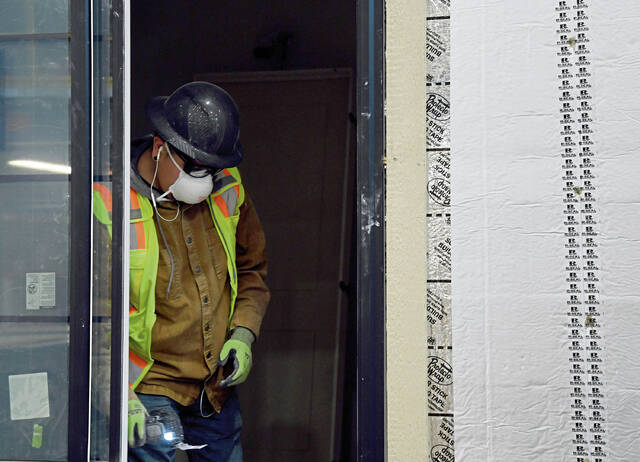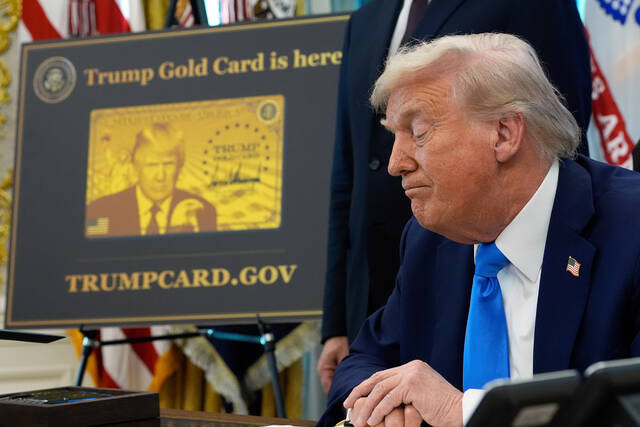As Pennsylvanians contend with ongoing devastation wrought by coronavirus, and simultaneously reckon with systemic inequality as police violence toward Black people continues across the country, the failures of our criminal justice system have been laid bare. We imprison too many people for too long — a disproportionate number of whom are people of color — destroying families, wrecking communities and wasting taxpayer resources warehousing people who could be productive members of society.
Most Americans can agree that incarcerating fewer people for shorter periods of time would advance the cause of justice and provide new economic opportunities (not to mention reduce the spread of covid-19 in cramped prisons). This is especially true in Pennsylvania, which has an incarceration rate of 725 people per 100,000 — higher than the national rate — and incarcerates a much higher percentage of the Black population than whites.
Despite a common goal, there is less agreement on the specific actions that should be taken to create a fairer system. What is certain, however, is local and statewide elected leaders have the best ability to enact change quickly, and considering the challenges lying ahead in recovering from this pandemic, as well as the injustices plaguing people of color in this country for far too long, there is no time to spare in working toward substantive, positive change.
For these reasons, Pennsylvanians deserve to know how the candidates for state attorney general would address one of the most significant factors behind our ballooning prison population: the trial penalty.
Simply put, the trial penalty refers to the exponentially greater sentence a person faces for asserting fundamental constitutional rights, including the Sixth Amendment right to a public trial. For example, last year in Pennsylvania a young man accused of a drug offense (specifically, possession with intent to deliver and conspiracy to deliver) was offered a plea deal of a little more than two years. He took his case to trial and was given a sentence of six to 12 years for possession and five to 10 years for conspiracy — to be served consecutively. A two-year sentence became an 11- to 22-year sentence simply because the defendant exercised his rights.
Prosecutors routinely use the threat of increased sentences to induce waivers of basic rights, such as the rights to examine the evidence and the right to challenge unlawfully seized evidence and the right to a public trial. Faced with such an enormous sentence disparity, the option to have a public trial — where the evidence can be scrutinized — is all but eliminated for many people accused of criminal wrongdoing.
There is no single piece of legislation or policy change that will end the trial penalty — rather, it is the result of many shortcomings across the criminal justice system. This should not deter us from identifying and repairing those shortcomings one by one to slowly build up a more equitable system.
We could start by giving defendants full access to evidence that could be used against them before they enter a guilty plea to encourage more transparency and accountability from law enforcement and prosecutors. We could repeal mandatory minimum sentencing statutes, which undermine the integrity of plea bargaining and sentencing. And we could allow judicial “second looks,” giving courts the ability to review sentences after a period of time to determine whether they remain appropriate. (NACDL outlined additional policy recommendations in our 2018 report, “The Trial Penalty: The Sixth Amendment Right to Trial on the Verge of Extinction and How to Save It.”)
Candidates have an obligation to inform voters of their views on these issues, but more importantly, they should understand this election also is an opportunity for them to lead a national dialogue on the trial penalty. Bringing this issue to the forefront is the first step toward realizing a system that works for everyone.








